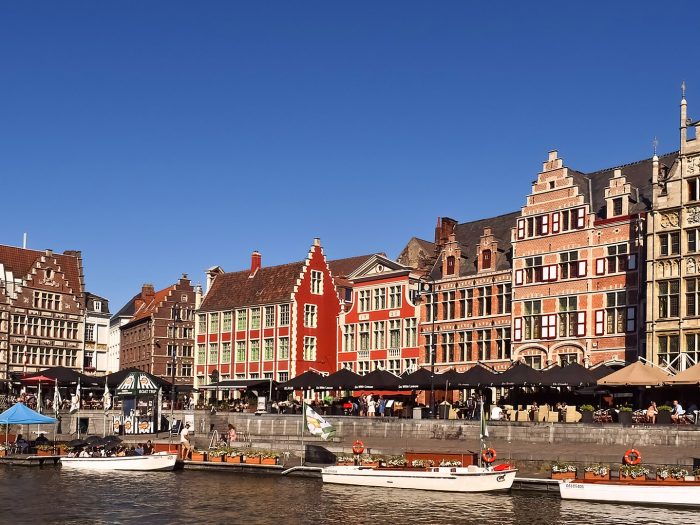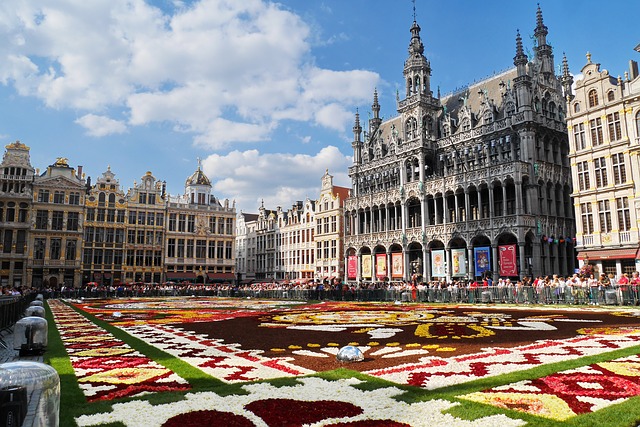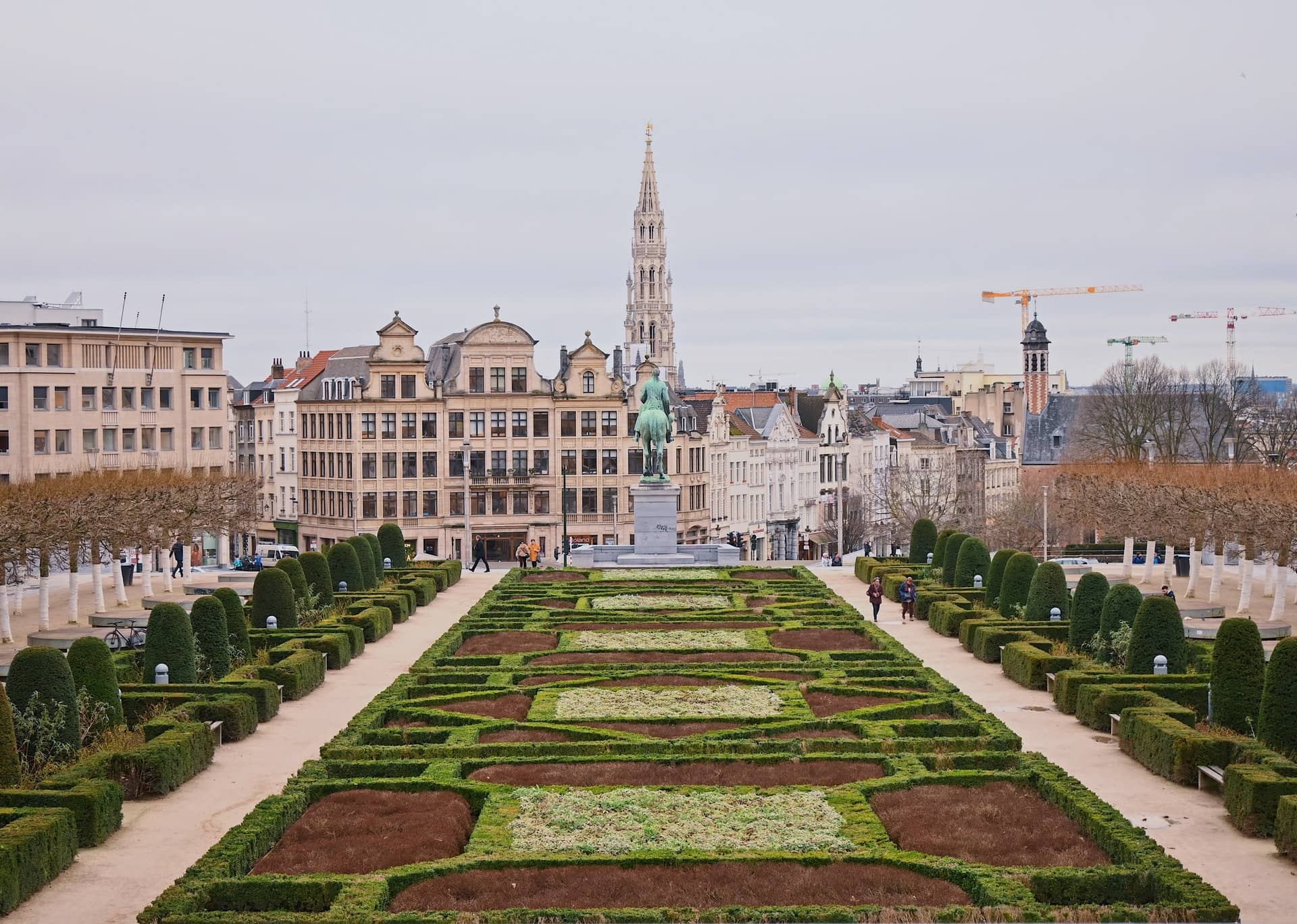Citizens from the European Union, the European Economic Area (the EEA- EU and Iceland, Liechtenstein, and Norway), and Switzerland have the right to live and work in Belgium for more than three months, as long as they comply with certain requirements.
Those mentioned are able to travel to Belgium with a national ID card or their passport. If coming from the EU/EEA and Switzerland, you are able to remain in Belgium for up to three months without a visa, on the condition that your presence is registered once you have arrived.
If you are planning on staying for more than three months, the requirements become stricter. You have to register with the Belgium authorities and prove that you can financially support yourself. You must also demonstrate that you have sufficient health care insurance. Once the process of registration is complete, you will be able to gain a foreigner’s identity card.
Your Arrival In Belgium
Notification of presence
A visa is not necessary if you are an EU/EEA/Swiss citizen and planning on staying, living and/or working for less than three months. Nevertheless, you will have to register your presence in Belgium.
Within 10 days of your arrival in Belgium, you and your family members will need to report to the town hall (maison communale/gemeentehuis). Your family members are considered to be legally registered partners, spouses, and minors under your care. This is only necessary when you are staying in private accommodation. If your stay is in a hotel, registration isn’t obliged, nor, if you have been admitted to the hospital.
To complete the registration process, you will need to complete a declaration of arrival form, known as annex 3ter. Don’t forget to take your passport or ID card with you.
For periods of more than three months
First, you will have to register with the town hall within the first three months of your stay. There will be additional documents that you will be asked for carrying out the residency application, however, this will depend on your status (working, retired, etc). Your application will be forwarded to the Belgium Immigration office, where the federal authorities will decide. This may take up to six months, but in the meantime, you can stay in Belgium.
Some of the other documents you may be asked to provide are:
- Your passport/national ID card
- Three passport photos
- Proof you can financially support yourself (bank statements, letter of employment)
- Proof of sufficient housing
- Proof of sufficient healthcare
- Evidence of family relationships (marriage/birth certificates)
- Foreigner’s ID card
If the immigration officer decides you can remain in Belgium, you will be given an annex 8. This is your proof that you are registered in the Belgium national registry. Electronic IS cards are available for a fee but they are not compulsory. A foreign ID card is not a residence permit, it just shows you are registered. They are valid for 5 years.
Once you have completed this process, you can stay in Belgium for an unlimited period of time, providing you stick to the conditions set out by the Belgium authorities.
What happens if after 5 years of continuous residence in Belgium?
EU/EEA and Swiss citizens who have been continuously living in Belgium, and legally, are automatically given the right to permanent residence in Belgium and will be given a residence E+ card.
Getting Belgian citizenship
After 5 to 10 years of residency, EU/EEA and Swiss citizens can choose to become Belgian citizens, with the process depending on various circumstances.
Working in Belgium
There is no need for EU/EEA or Swiss nationals to apply for a work permit in Belgium.



